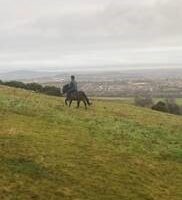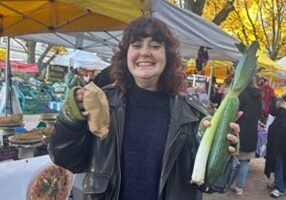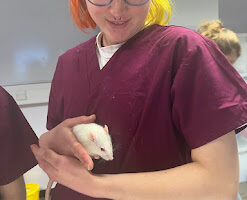My favourite semester at vet school – the Exotics Animal Block
Hello everyone,My name is Lora, and I’m a fourth-year vet student on the Graduate Entry Programme. Today, I want to share my experience from the exotic and equine semester, focusing mainly on my learning journey with exotic animals.I’ve always had a soft spot for exotics—probably because my very first pet …








